
Table of Contents
Economy
What is an Economy?
An economy comprises every activity that is related to Manufacturing, consumption and trading of products and services within an area. The economy is applied to everyone, be it individuals, governments, corporations, and more. Basically, the economy of a specific country is regulated by its geography, history, laws, culture, and other such factors. Since an economy evolves out of necessity; no two economies could be similar.
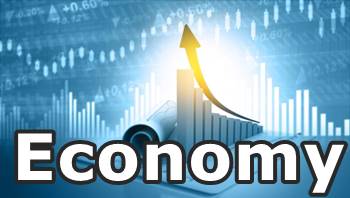
An economy can also be defined as a large set of inter-related consumption and production activities that help in comprehending how scarce are the allocated resources. The production and consumption of products and services are used to quench the requirements of individuals residing and operating in the economy, which is generally known as the economic system.
History of Economy
‘Economy’ is a Greek word that means household management. In the form of a study area, Economics was touched by philosophers in ancient Greece, remarkably Aristotle. However, the modern study of this subject began in Europe in the 18th century, specifically in the regions of France and Scotland. And then, in 1776, the Scottish Economist and philosopher – Adam Smith – wrote a famous economic book, known as The Wealth of Nations. He and his contemporaries believed that economies evolve from pre-historic bartering systems to money-driven and then the credit-based economies.
Thereafter, during the 19th century, the growth of international trade and technology established substantial ties among countries. This process accelerated World War II and the Great Depression. Almost after 50 years of the Cold War, it was the early 21st century that saw a renewed Globalization of the economies around the world.
Talk to our investment specialist
History of Economy in India
The economy of India has a rich and diverse history that spans thousands of years. Here is a brief overview of the major periods and milestones in India's economic history:
Ancient and Medieval Periods (Before 1700s)
- Ancient India had a predominantly agrarian economy, with farming being the primary occupation. Trade and commerce flourished, with India being a major center of the ancient Silk Road network
- The Mauryan Empire (322 BCE to 185 BCE) under Emperor Ashoka witnessed advancements in trade and administration
- The Gupta Empire (4th to 6th centuries CE) was known for its prosperous trade, Industry, and the establishment of a standardized coinage system
Colonial Era (1700s to 1947)
- The British East India Company arrived in India in the 17th century, eventually establishing political control over large parts of the country
- The British Raj (1858-1947) imposed policies that favored British industrial interests over the Indian economy, leading to the deindustrialization of traditional Indian industries
- India's economy became increasingly integrated into the British colonial economy, with a focus on raw material exports and limited industrial development
Post-Independence Era (1947 onwards)
- India gained independence from British rule in 1947, and a new era of economic development began
- Initially, India followed a mixed economy model with a focus on state-led Industrialization, known as the "License Raj" period (1950s to 1980s), characterized by extensive government regulations and controls
- In the 1990s, India initiated economic reforms to liberalize its economy, opening up to global trade and investment, dismantling many regulations, and promoting private sector participation. This period is often referred to as the era of economic liberalization
- India's economy experienced significant growth since the 1990s, with sectors such as information technology, services, manufacturing, and agriculture playing key roles
- Today, India is one of the world's largest economies, with a diverse industrial base, a growing middle class, and a significant presence in global trade and services
It's important to note that this is a condensed overview, and India's economic history is much more nuanced and complex. Various economic policies, social factors, and geopolitical events have influenced India's economic trajectory over the centuries.
Market-Based Economies
As per the supply and demand, the Market-based economies enable products to flow freely throughout the market. In most of the market economies, consumers and producers get to determine what is produced and sold. Herein, producers own what they manufacture and decide the price. Consumers, on the other hand, own what they purchase and decide how they would be paid. But, the Law of Supply and Demand can affect production as well as the prices. If customer’s demands for a certain product increases, and there is a shortage of supply, prices tend to increase as consumers will be willing to pay more for that product. As a result, production tends to rise so as to satisfy the demand, considering that produces get driven by profit.
In turn, a market economy gets the tendency to naturally balance itself. With an increase in prices, because of the demand, in one sector of the industry, the labour and money required to fill up this demand shift to the places where they are needed the most.
All efforts have been made to ensure the information provided here is accurate. However, no guarantees are made regarding correctness of data. Please verify with scheme information document before making any investment.
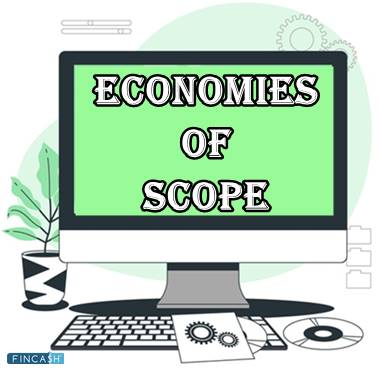
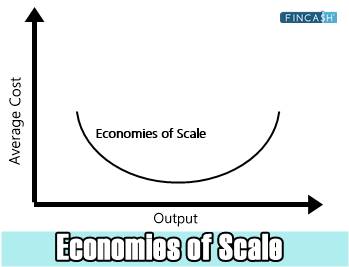

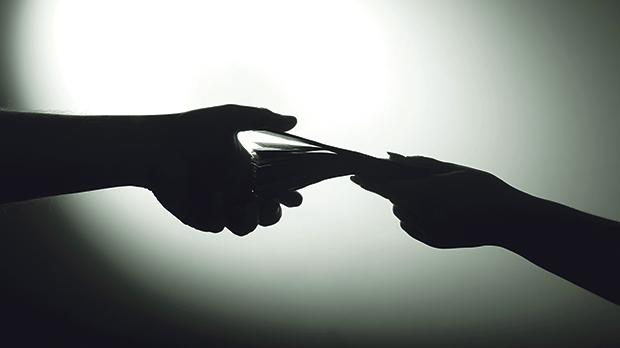


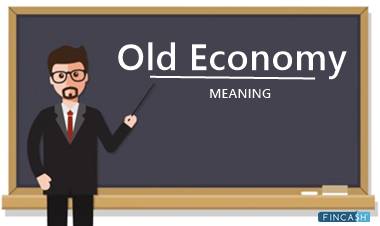






very good for my boy nataan
waa really good so goood and thoughtfuk 10/10 recoment do the elderly and swimmers v v good thankumuch